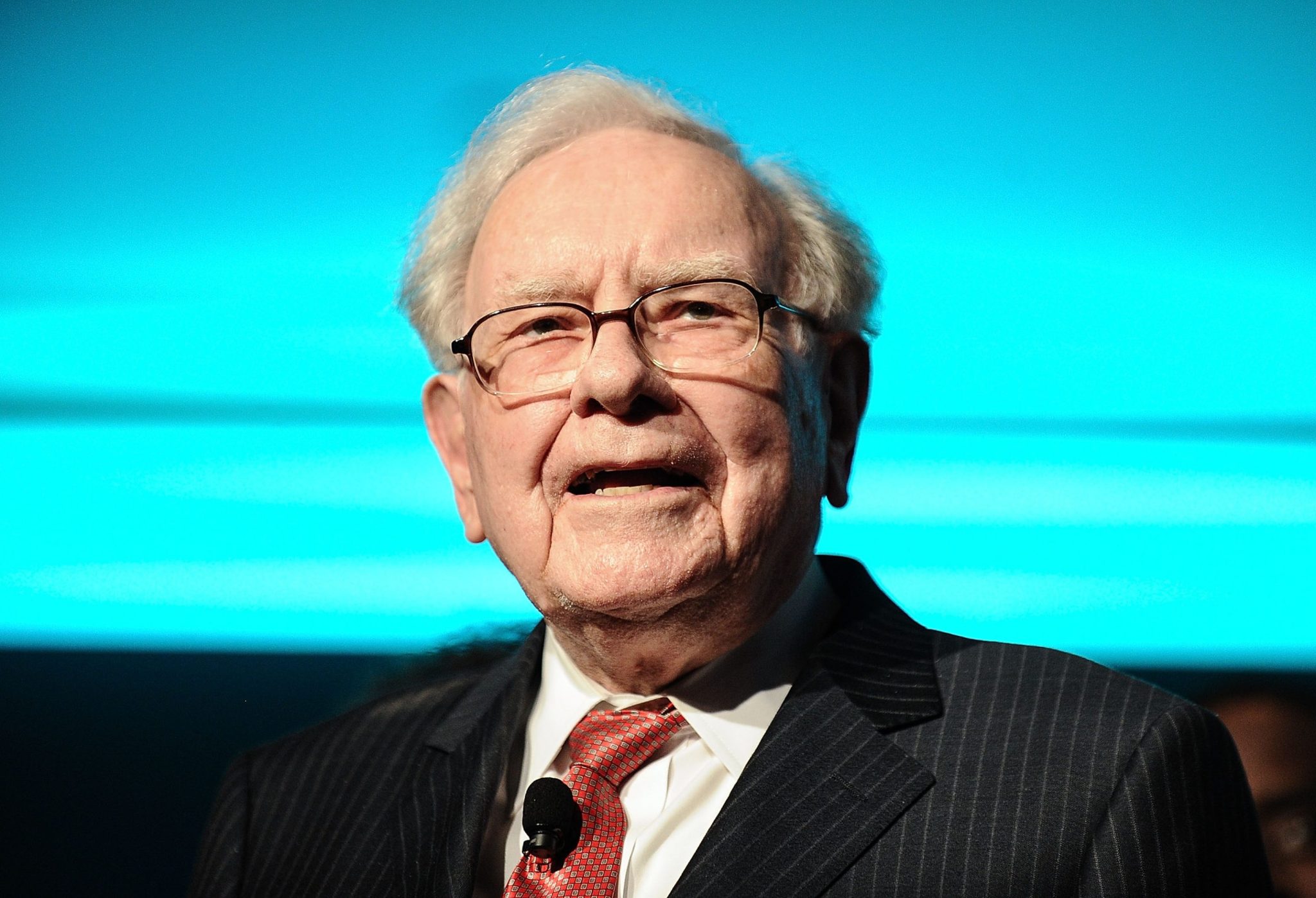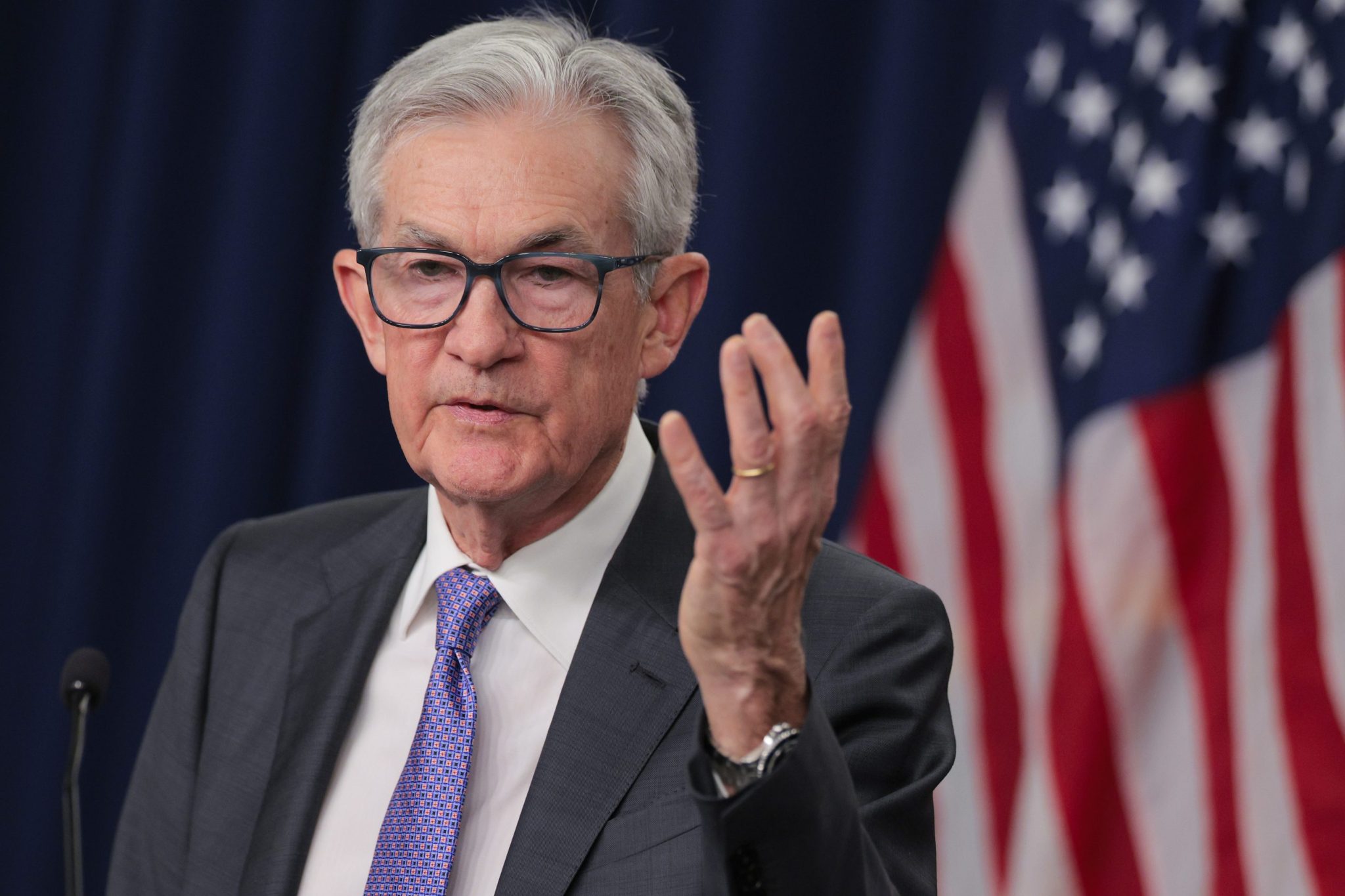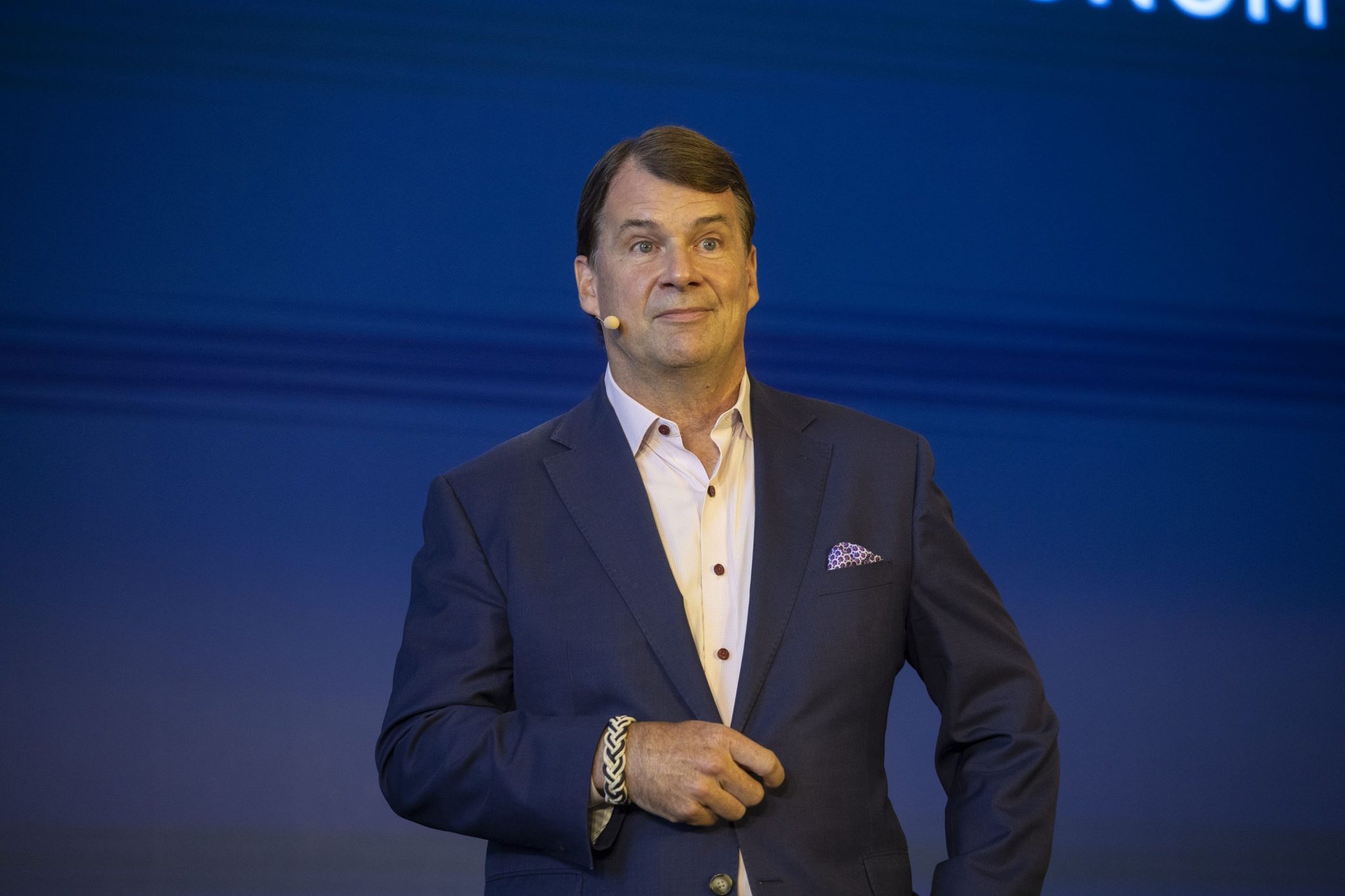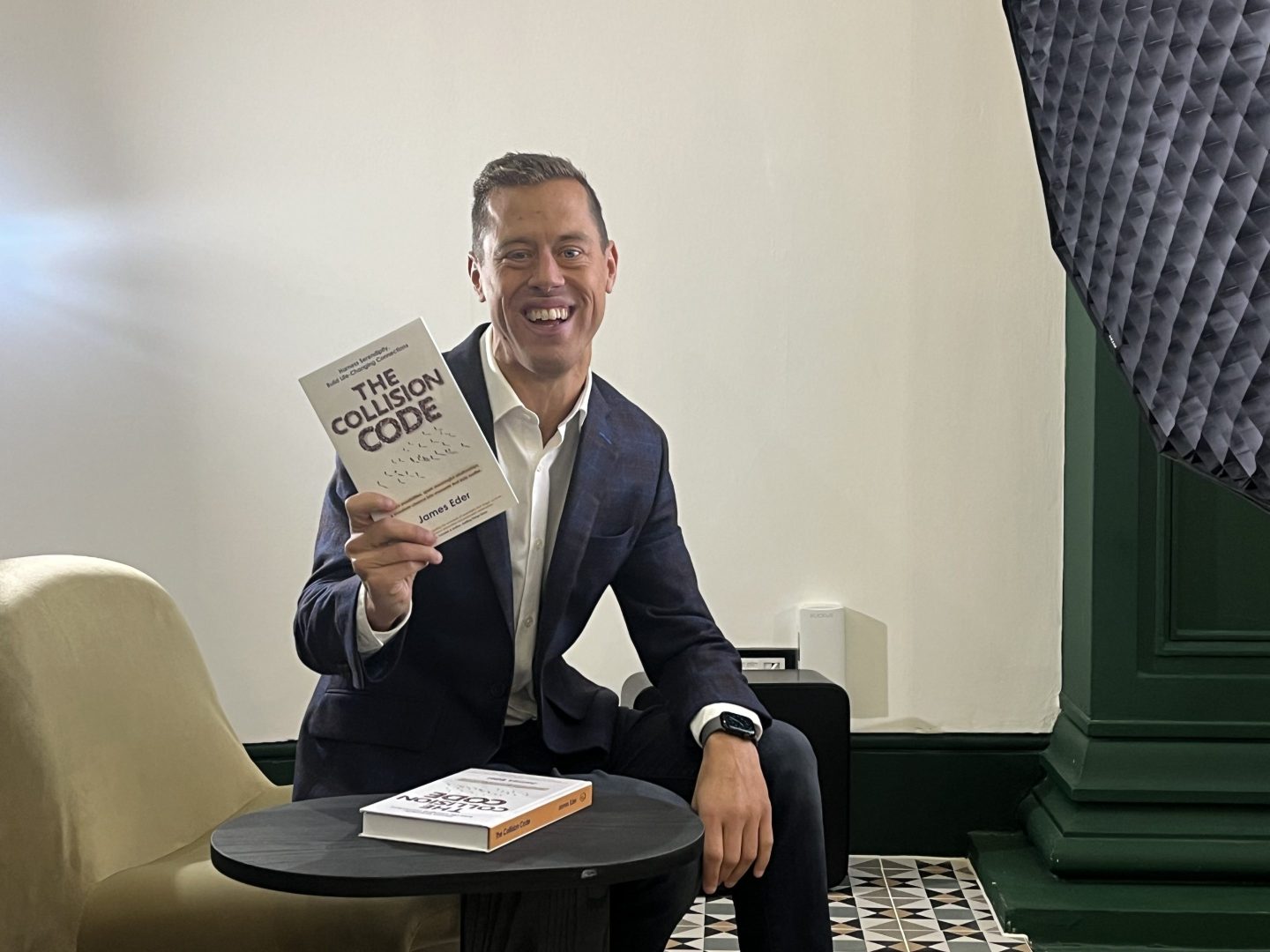
Good morning. The Warren Buffett era is soon coming to an end.
When the legendary investor announced in May 2025 that he would step down as CEO of Berkshire Hathaway (No. 6 on the Fortune 500) effective Jan. 1, 2026, it marked a shift in decades of leadership. Buffett will be succeeded by Greg Abel as CEO, who has been vice chairman of Berkshire’s non-insurance operations. Buffett will remain with the company as chairman of the board after the transition.
For six decades, Berkshire shareholders have never needed to study Buffett’s investing aptitude. They could just buy Berkshire stock and let him do the work, with amazing results. In his new Fortunefeature article, my colleague Geoff Colvin examines what life will be for shareholders and the company after Buffett steps down.
Colvin raises the following questions: Is Berkshire Hathaway so immersed in Buffett’s way of investing that his successors will carry it on institutionally? Or is Buffett unique in so many ways that Berkshire can never hope to continue his staggering performance?
He suggests that Buffett’s 1977 letter to shareholders may suggest an answer.
Colvin writes: “He described the criteria of a truly great, enduring business, as understood by him and his longtime business partner, Charlie Munger. The criterion of ‘enduring,’ he wrote, ‘eliminates the business whose success depends on having a great manager…Of course, a terrific CEO is a huge asset for any enterprise…But if a business requires a superstar to produce great results, the business itself cannot be deemed great.’”
“Buffett is obviously a superstar, and it’s hard to see any inherent factors, other than Buffett, that have made Berkshire Hathaway so hugely successful. He seems to have chosen excellently with Abel and Berkshire’s other top executives. But the world won’t know how good they really are until they’re on their own.”
“Has Buffett picked a successor as superbly as he picks stocks? After 60 years, it’s the hardest call Berkshire’s shareholders have ever had to make.” Colvin offers a deep dive into five investing lessons everyone can learn from Buffett. You can read the complete article here.
I recall asking Jonté Harrell, CFO at ZenLedger, a tech company that provides tax and compliance software for digital assets, about his thoughts on Buffett after he attended Berkshire Hathaway’s annual shareholder meeting in Nebraska for the first time last year. Harrell told me that Buffett’s insights have been helpful to him throughout his career.
Harrell added that along with investing advice, Buffett offers a lot of life advice: how to live (ethically, and below your means), how to do business (with emotional discipline), and how to give back (through The Giving Pledge), he said.
Only time will tell whether Berkshire Hathaway’s next chapter can live up to the legacy Buffett leaves behind, but his enduring principles ensure that the company, and its shareholders, are ready for what comes next.
SherylEstrada
sheryl.estrada@fortune.com
Leaderboard
Eric Gerratt, CFO of Bridger Aerospace Group Holdings, Inc. (Nasdaq: BAER, BAERW), one of the nation’s largest aerial firefighting companies, is planning to retire. Anne Hayes was appointed deputy CFO. Hayes has resigned from the board as part of the transition and is anticipated to assume the CFO role following Gerratt’s retirement, planned for after the filing of the Company’s 10-K in March. Hayes has two decades of experience in principal investing and financial leadership at private and publicly listed companies, most recently with Quadrant Capital Advisors.
Olivier Leonetti, EVP and CFO executive vice president and CFO of intelligent power management company Eaton (NYSE: ETN), will be leaving the company on April 1, 2026, as part of a planned transition. Leonetti joined Eaton in January 2024, having previously served for almost five years as a member of Eaton’s board. An internal and external search will be conducted. Leonetti will continue with his current responsibilities until a successor is named.
Big Deal
MIT Sloan Management Review and Boston Consulting Group (BCG) have released a new report, “The Emerging Agentic Enterprise: How Leaders Must Navigate a New Age of AI.” According to the findings, 76% of the executives surveyed view agentic AI as more like a coworker than a tool.
The report is based on a survey of 2,102 executives across 21 industries and 116 countries, as well as interviews with senior leaders. Additional key findings are that more than half (58%) of agentic AI leaders expect governance structure changes within three years, with expectations that AI systems will have decision-making authority growing 250%. Ninety-five percent of individuals at leading agentic AI organizations report AI positively impacting their job satisfaction, according to the report.
Going deeper
“Rewiring the future of work” is PwC’s 2025 Global Workforce Hopes and Fears Survey. The findings highlight workers’ sentiment on topics including AI’s impact on productivity, growth, and jobs. The findings are based on nearly 50,000 respondents spanning 28 sectors in 48 major economies.
Overheard
“The Exit Economy is here. If policymakers ignore it, Black women will continue to pay the highest price.”
—Katica Roy, the CEO and founder of Denver-based Pipeline, a SaaS company, writes in the Fortune opinion piece, “The exit economy is here. Black Women are paying the highest price.” Roy writes: “Since February, Black women have lost 297,000 jobs. Another 223,000 remain unemployed. And 75,000 have been pushed out of the labor force entirely. I estimate that these exits alone are draining an estimated $9.2 billion from U.S. GDP this year.”
Credit: Source link















